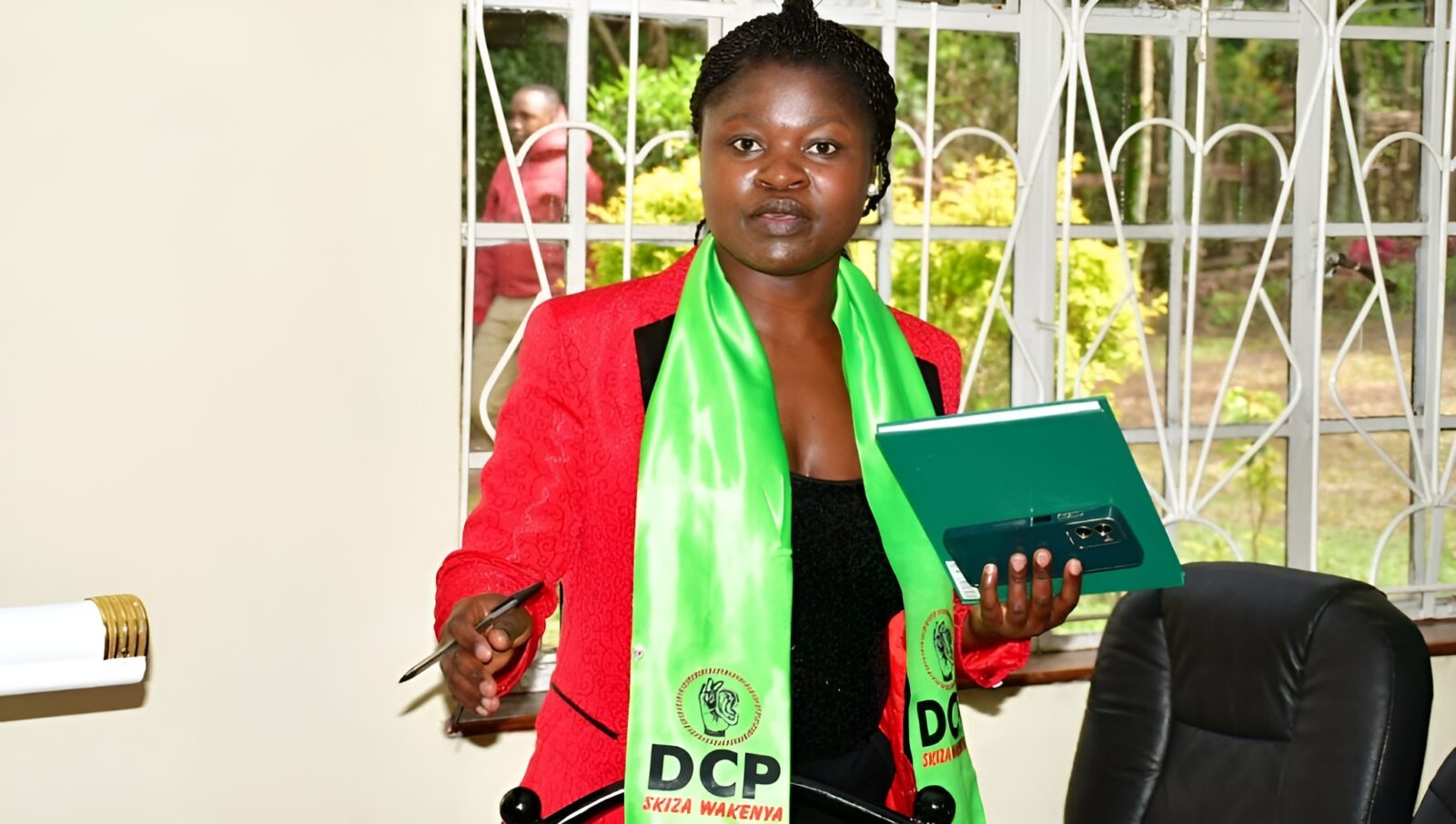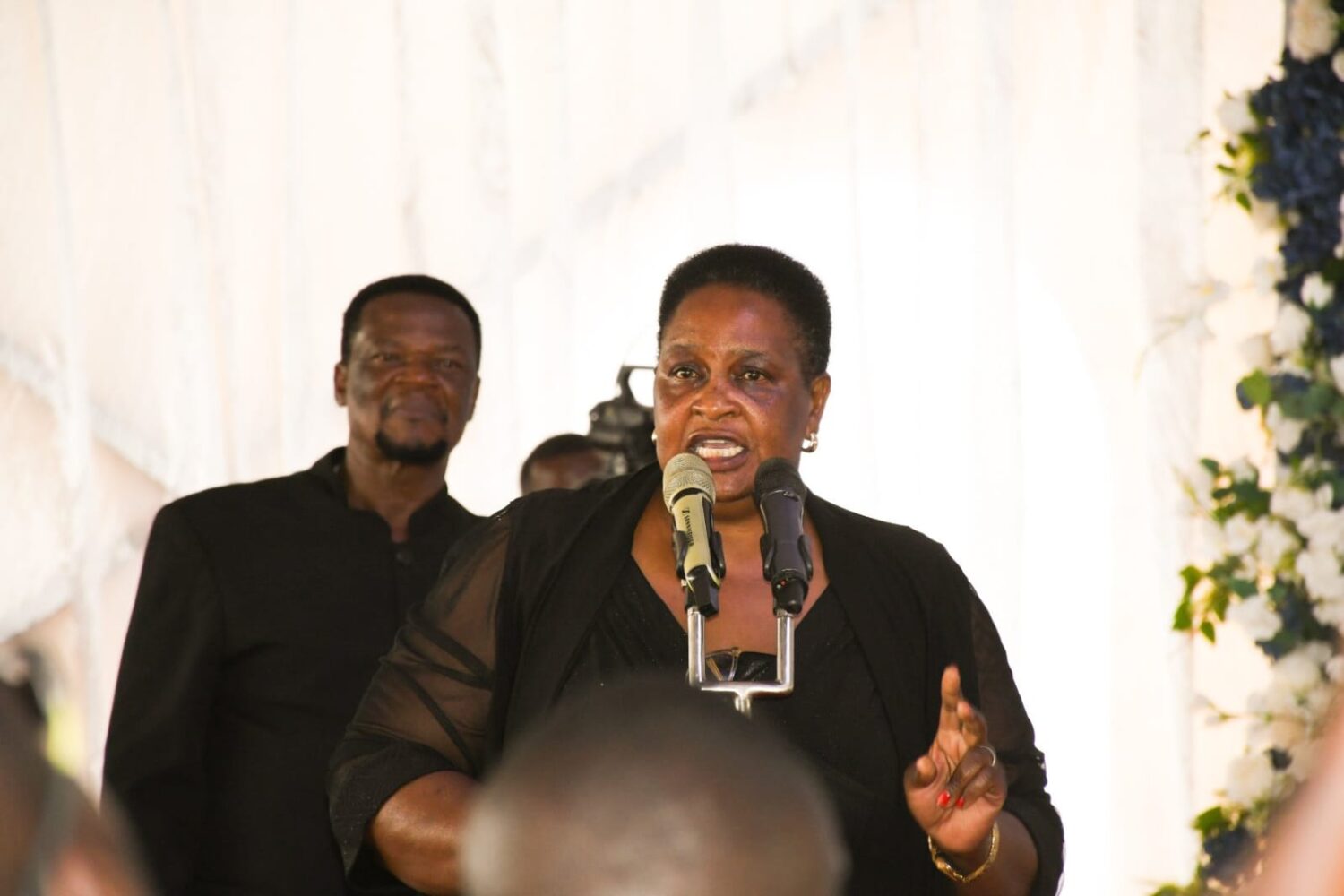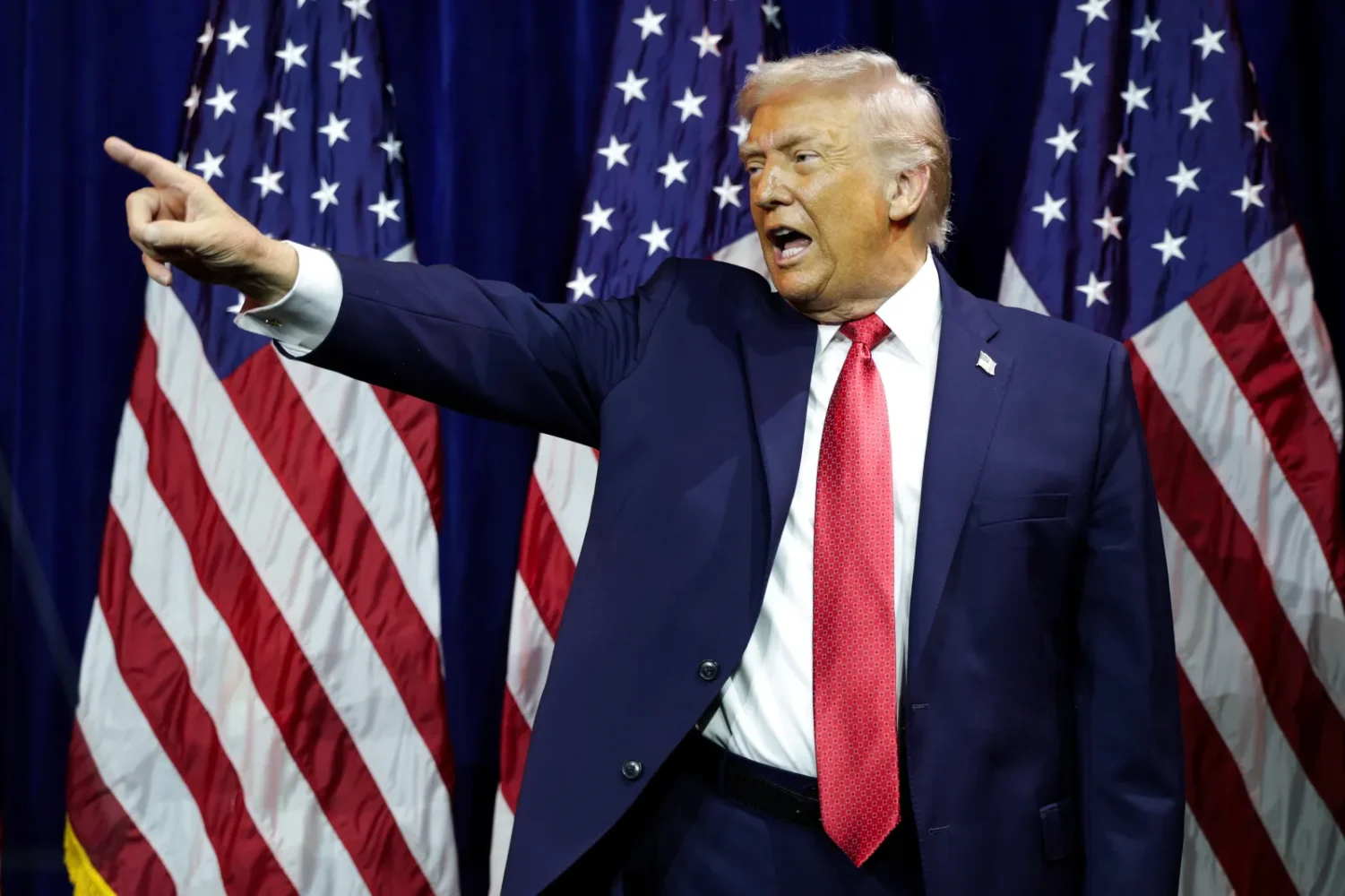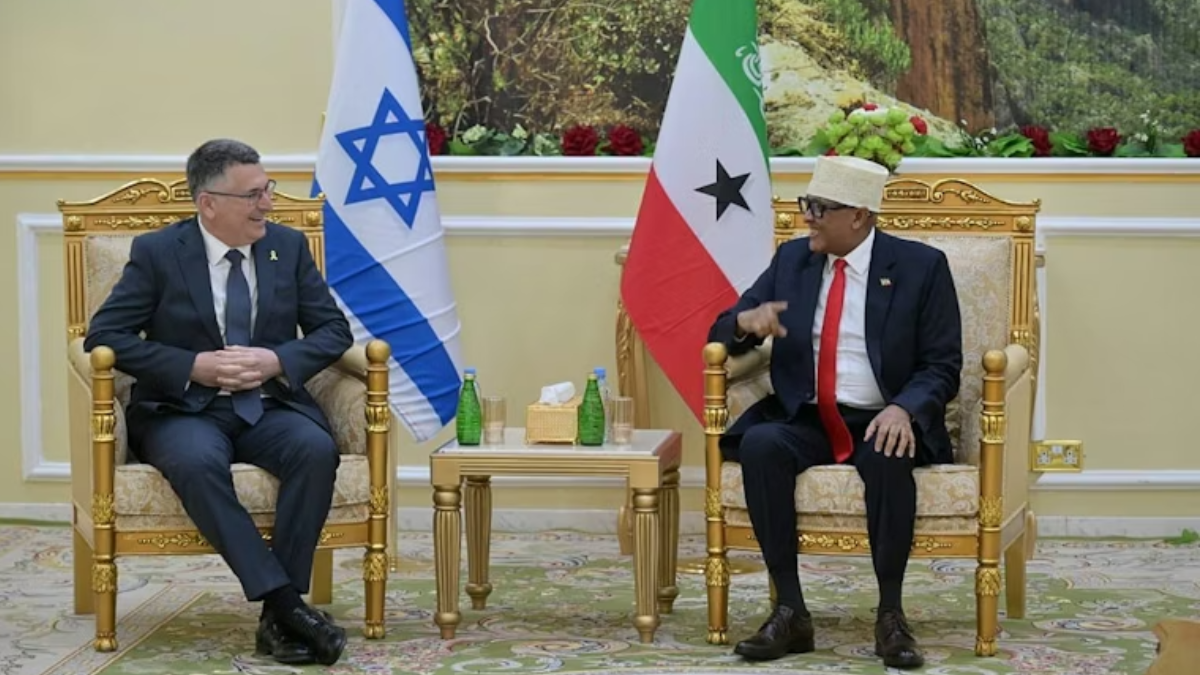In Modern Kenya, where protest culture, internet expression and governmental persecution collide, Kakan Maiyo’s narrative symbolizes the delicate balance between free speech and government control.
Godfrey Mwasiaga, known as Kakan Maiyo on TikTok and other social media platforms, gained national recognition by honestly, often cruelly, discussing police atrocities and state power. His defiance cost him his freedom in early July 2025.
In a viral video, Kakan Maiyo told Kenyan police officers allegedly implicated in a wave of abductions that they may die if they kept targeting civilians.
Thousands of Kenyan youth were moved by his speech after a brutal police crackdown on Saba Saba protests and alleged unlawful abductions. The video was resistance, not just substance.
The state considered it a menace and Kakan was arrested by the DCI hours after its publication. Eyewitnesses said he was grabbed without a warrant, loaded into an unmarked car, and carried somewhere unknown.
He was missing for nearly two days, sparking a trending hashtag seeking his release. Activists, fellow producers, and human rights organizations called the detention an abuse of power to muzzle dissenting voices amid mounting resistance to President William Ruto’s administration.
DCI verified his arrest, citing “incitement” and “threating national security”. For many, this justification was hollow. Kakan’s defenders said his film was offensive but within the Kenyan Constitution’s free speech.
Its swift and violent response showed the government’s uneasiness as pundits say it becomes more intolerant of criticism. In the end, Kakan was released without charges. His first post-release message was sad. He praised his supporters but refused to be silenced.
His video had raised concerns that Kenya’s security forces were increasingly more concerned with regulating thinking than protecting lives. The arrest confirmed these anxieties.
In Kenya, the internet space once praised as a democratizing tool has become a heated battleground, as Kakan Maiyo’s case shows. platforms like TikTok and X (previously Twitter) are crucial for organizing and protest. State security now targets internet protests, with innovators like Kakan facing the brunt of the crackdown.
Kenyan TikTokers and bloggers and independent journalists have experienced harassment, threats, or disappearances after posting state-critical content in recent months. Some creators self-censor and others go underground due to this chilling impact. Many saw Kakan’s detention as a rallying cry, a warning that the fight for a free and fair Kenya increasingly depends on those ready to speak out, even at great cost.
Kakan Maiyo captured a generation’s angst about being abandoned by institutions, betrayed by democracy, and targeted for having a voice. His detention lasted a few days, but it tells a lasting story: in Kenya’s digital age, justice is now fought on television as much as on the streets. The state watches.


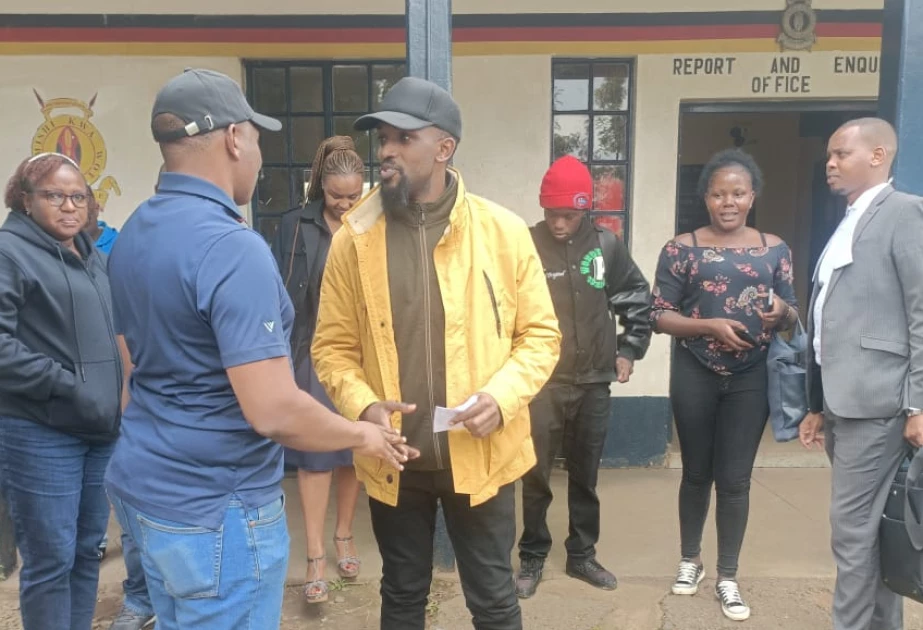
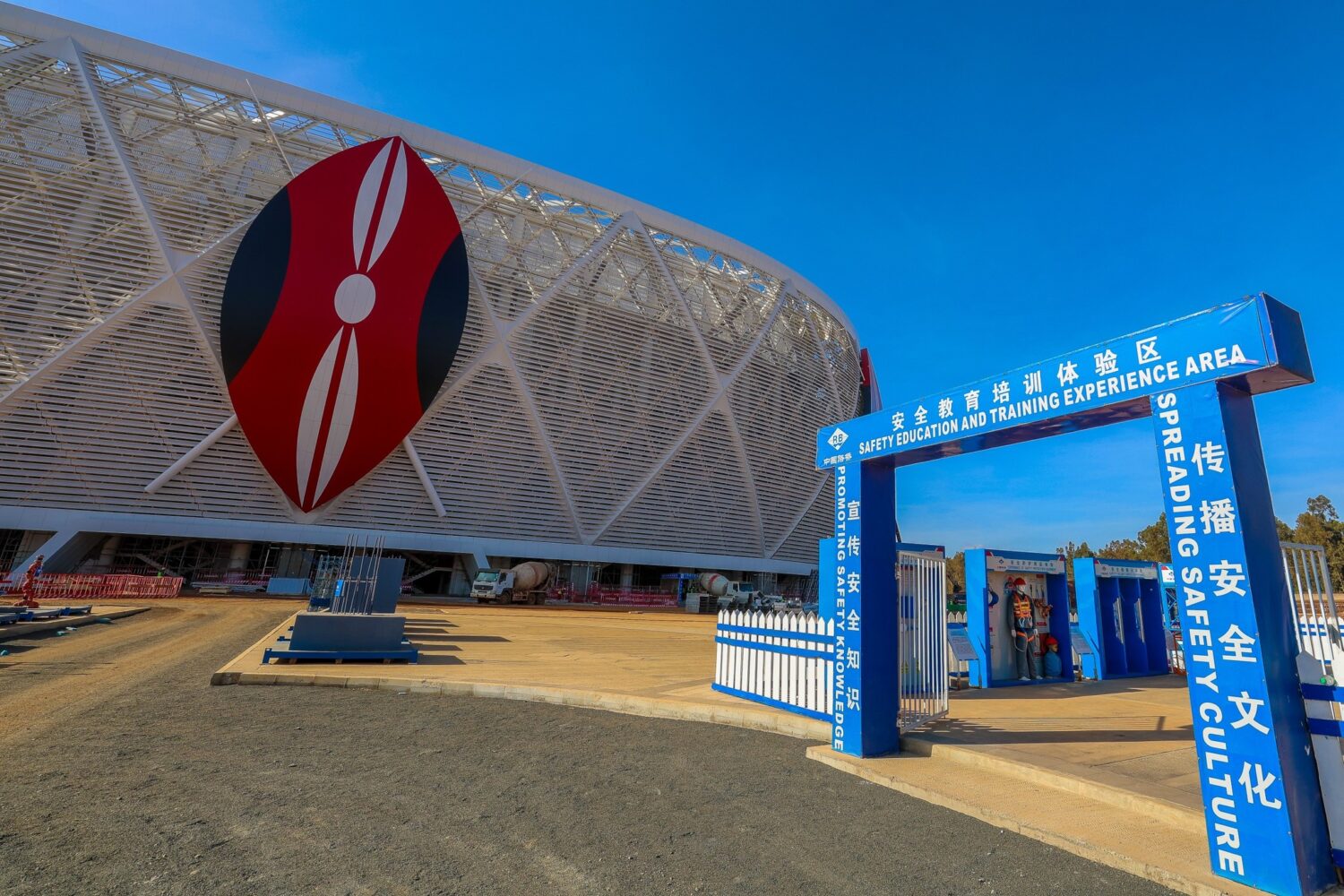

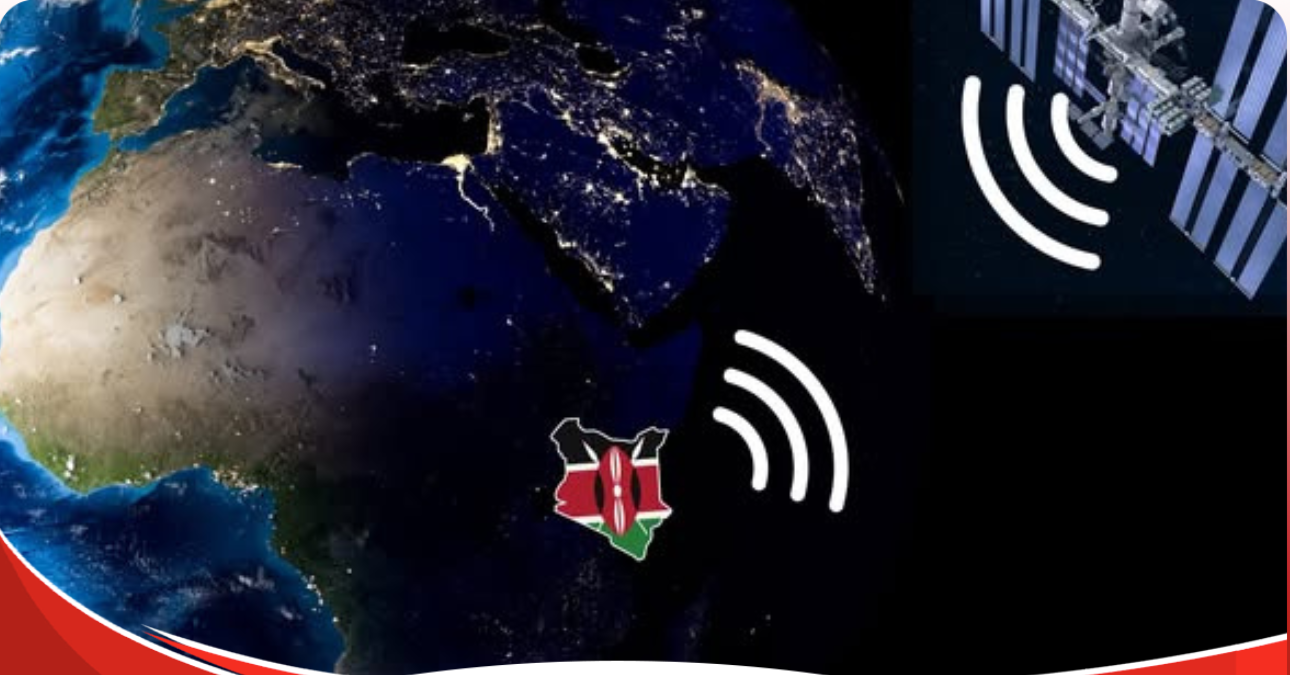
![Mombasa family’s distress: KSh 6 million medical bill leaves them stranded in India [VIDEO]](https://www.tv47.digital/wp-content/uploads/2026/01/abete-Open-Set-For-This-Weekend-as-More-Golfers-Eye-NCBA-Golf-Series-Grand-Finale-Spots-at-Windsor-2.png)
